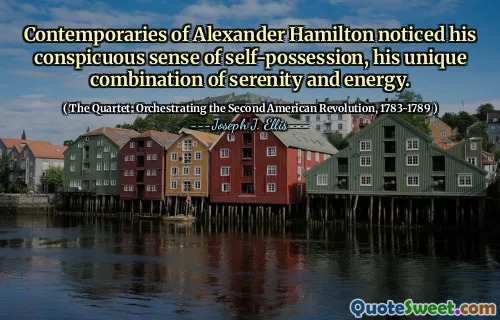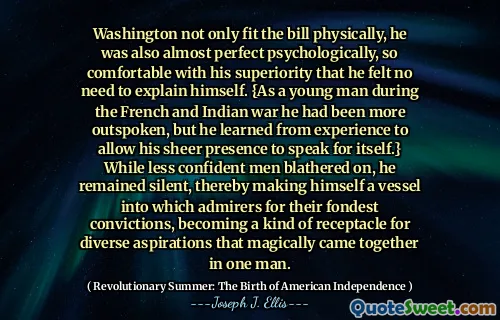
Do you know how to unite people behind you, Child Carridin? The quickest way? No? Loose a lion - a rabid lion - in the streets. And when panic grips the people, once it has turned their bowels to water, calmly tell them you will deal with it. Then you kill it, and order them to hang the carcass up where everyone can see. Before they have time to think, you give another order, and it will be obeyed. And if you continue to give orders, they will continue to obey, for you will be the one who saved them, and who better to lead?
This quote illustrates a ruthless philosophy of power and control. It suggests that in order to command unwavering loyalty, especially in chaotic or unstable circumstances, a leader might resort to fear and decisive action. The metaphor of unleashing a rabid lion underscores how spectacle and force can dominate dissent and create a climate of dependency. The leader's calmness amid chaos conveys the importance of composure, reinforcing the perception that they are in control and capable of salvation, even if through brutal means. Such tactics reveal a disturbing opportunism—turning chaos into an opportunity to solidify authority rather than genuinely addressing underlying issues. It highlights the manipulation of public perception: by positioning oneself as the savior, a leader can co-opt loyalty into obedience. However, this approach raises moral questions about the ethics of using fear and violence to establish or maintain power, and whether true leadership can thrive solely on manipulation or if it requires trust and integrity. Overall, the quote forces reflection on the nature of authority—whether it should be rooted in moral virtue or pragmatic control—and the fine line leaders walk between control and tyranny. It is a reminder of how rhetoric and calculated actions shape societal dynamics and leadership, especially in turbulent times. (The Dragon Reborn) - Robert Jordan





